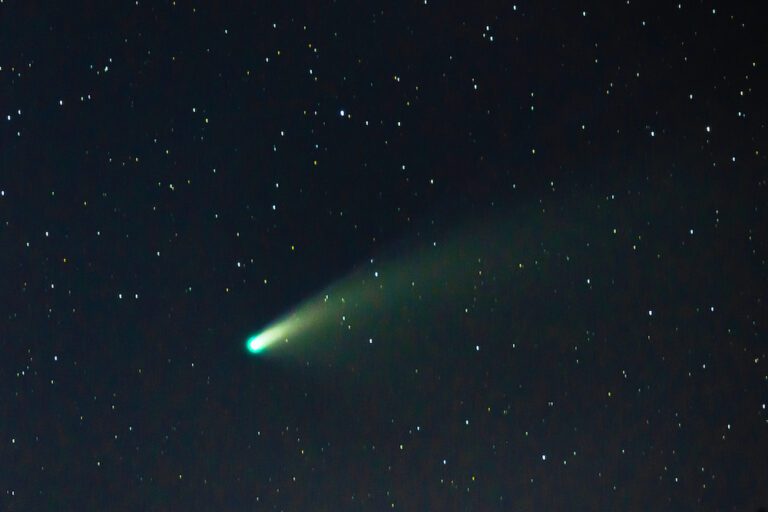2016 was the hottest year on record, setting a new high for the third year in a row, with scientists firmly putting the blame on human activities that drive climate change.
The final data for 2016 was released today by the three key agencies – the UK Met Office, Nasa and Noaa in the US – and showed 16 of the 17 hottest years on record have been this century.
Direct temperature measurements stretch back to 1880, but scientific research indicates the world was last this warm about 115,000 years ago and that the planet has not experienced such high levels of carbon dioxide in the atmosphere for 4m years.
The natural El Niño climate phenomenon, which helped ramp up temperatures to “shocking” levels in early 2016, has now waned, but carbon emissions were the major factor and will continue to drive rising heat.
Gavin Schmidt, director of Nasa’s Goddard Institute for Space Studies, said: “El Niño was a factor this year, but both 2015 and 2016 would have been records even without it.” He said about 90% of the warming signal in 2016 was due to rising greenhouse gas emissions. He expects 2017 to be another extremely hot year.
The new data shows the Earth has now risen about 1.1C above the levels seen before the industrial revolution, when large-scale fossil fuel burning began. This brings it perilously close to the 1.5C target included as an aim of the global climate agreement signed in Paris in December 2015.
The declaration of 2016 as a year of record-breaking heat comes just ahead of the inauguration of Donald Trump as US president. Trump has called global warming a hoax and is filling his administration with climate change deniers. His choice for Secretary of State, former ExxonMobil boss Rex Tillerson. Tillerson, said recently that climate change does exist but that the ability to predict the effects of greenhouse gases is very limited, a statement most climate scientists would reject.
Trump’s team has said it will strip away funding for “politically correct environmental monitoring.”
Presenting the 2016 temperature data, Derek Arndt, at Noaa, said only: “We present this assessment for the benefit of the American people.”
The three temperature records are independent but reached very similar conclusions. “The datasets are all singing the same song, said Arndt.
Noaa’s data showed a run of 16 successive months from May 2015 to August 2016 when the global average temperature broke or equalled previous records, while no land area experienced an annual average temperature in 2016 that was cooler than 20th-century average.
Noaa also found Arctic sea ice fell to its lowest annual average extent on record and Antarctic sea ice to the second smallest extent on record. The warming in the Arctic in 2016 was “astounding”, Schmidt said.
Prof Michael Mann, a climate scientist at Pennsylvania State University, said: “The spate of record-warm years that we have seen in the 21st century can only be explained by human-caused climate change. The effect of human activity on our climate is no longer subtle. It’s plain as day, as are the impacts – in the form of record floods, droughts, superstorms and wildfires – that it is having on us and our planet.”
Bob Ward, policy director at the Grantham Research Institute on Climate Change at the London School of Economics, said: “Any politician who denies this evidence from world-class climate scientists will be wilfully turning a blind eye to rising risks that threaten the lives and livelihoods of their citizens.
“I hope that president-elect Trump and his team in particular will acknowledge and act on this important scientific information.”
The record-smashing temperatures in 2016 led to searing heatwaves across the year: a new high of 42.7C (108.9F) was recorded in Pretoria, South Africa in January; Mae Hong Son in Thailand saw 44.6C (112.3F) on 28 April; Phalodi in India reached 51C (123.8F) in May, and Mitribah in Kuwait recorded 54C (129.2F) in July.
Warm oceans saw coral mortality of up to 50% in parts of Australia’s Great Barrier Reef and bleaching of 75% of Japan’s biggest reef.
The level of CO2 in the atmosphere also broke records in 2016.
Global carbon emissions have barely grown in the last three years, after decades of strong growth. The main reason is China burning less coal, but CO2 is still being emitted into the atmosphere at record levels.
“CO2 will continue to rise and cause the planet to warm until emissions are cut down to near zero,” said Prof Corinne Le Quéré at the University of East Anglia.







